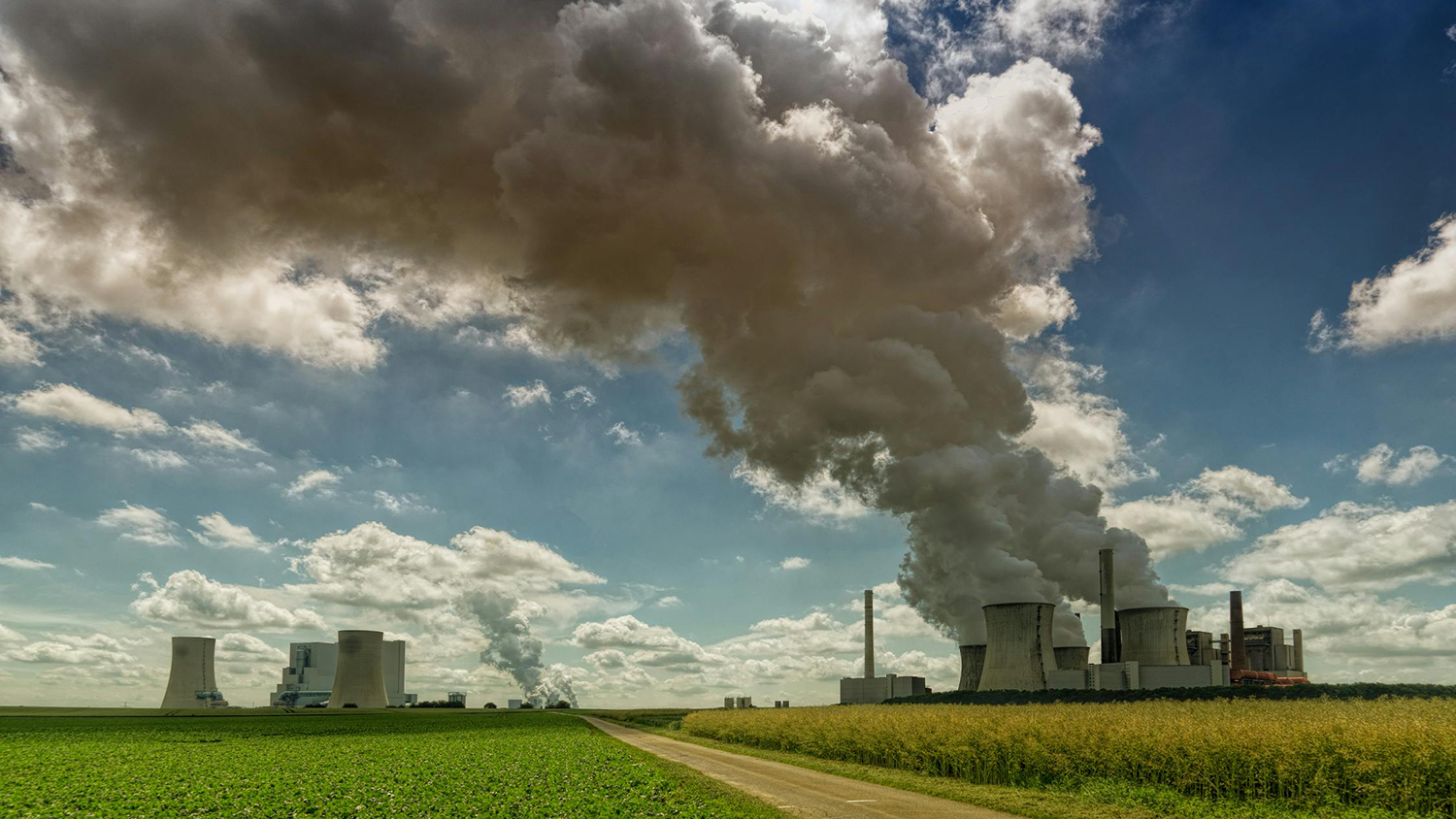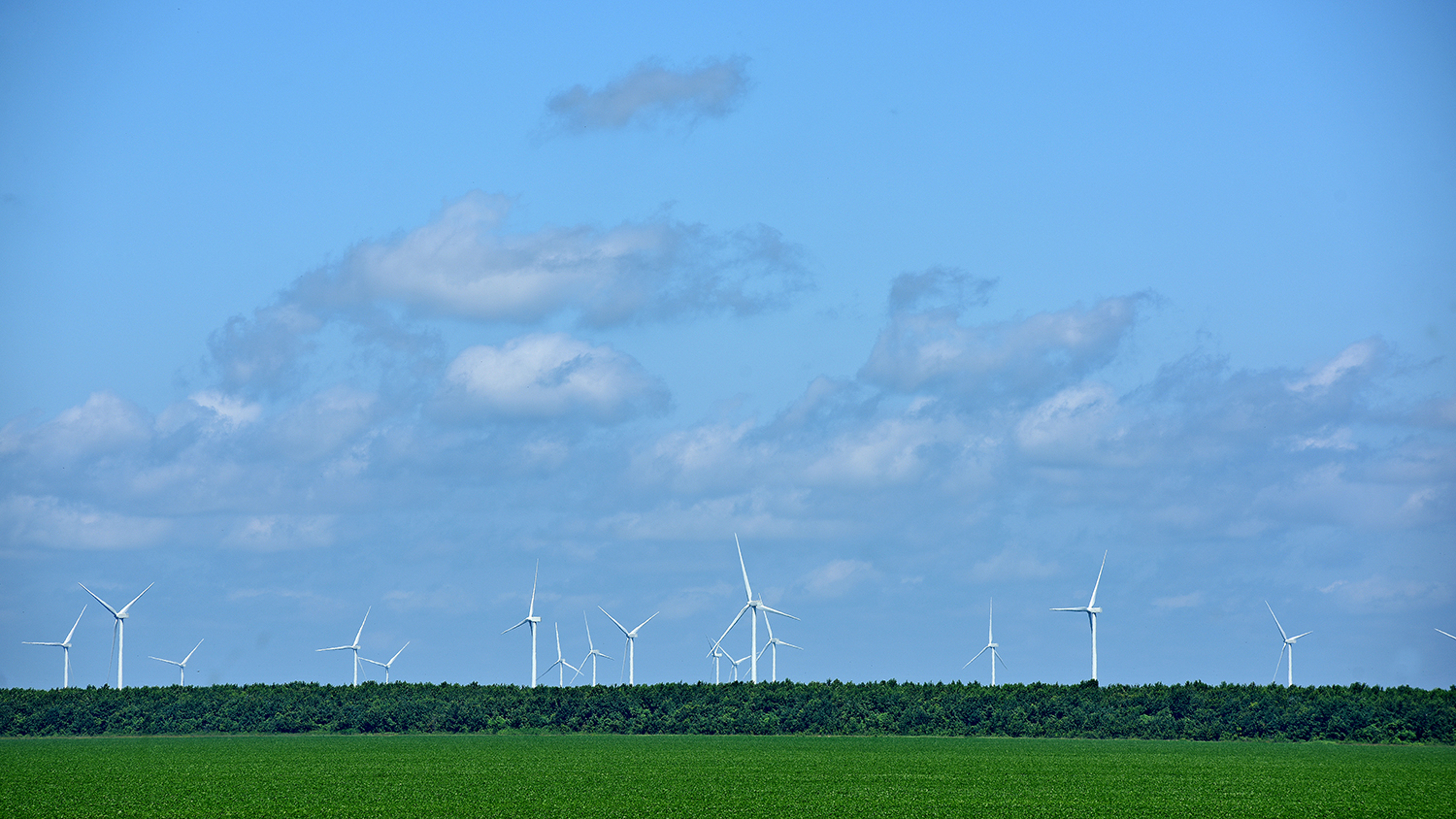Efforts and Themes
We work to unite and amplify the efforts of NC State's diverse climate-related efforts in the face of climate change.
Search by Theme
Important Terms
Adaptation
Making adjustments to systems to cope with and minimize effects of climate change already in progress
Agriculture
The cultivation of crops and the raising of livestock for food and other resources, emphasizing sustainable and responsible practices.
Air Quality
Refers to the cleanliness and safety of the air we breathe, addressing issues like pollution and its impact on health.
Animal Health
Concerned with the well-being of animals, addressing issues related to their health, welfare, and conservation.
Carbon
Refers to carbon dioxide and its role in climate change, as well as carbon sequestration and reduction efforts.
Coastal Resilience
Ability of coastal communities and ecosystems to withstand, recover from, and adapt to the impacts of various stressors
Community
Involving people, communities, and organizations in climate change; encouraging participation to address issues
Development Economics
Examines how climate change and environmental factors intersect with economic development, influencing the economic prospects of countries and regions.
Ecosystem Health
The overall well-being and functioning of ecosystems, including their biodiversity, sustainability, and resilience.
Education
Teaching and raising awareness about climate change and its impacts through education and outreach.
Energy
The production and consumption of power, including electricity and other forms of energy, with a focus on sustainability and efficiency.
Fisheries Management
The responsible oversight and regulation of fishing practices to ensure the long-term health and sustainability of fish populations and marine ecosystems.
Flooding
Occurs when an area is overfilled with water, often due to heavy rain or rising water levels.
Food Security
Ensuring that people have reliable access to sufficient, safe, and nutritious food to meet their dietary needs and preferences.
Forestry
The management and conservation of forests and the sustainable use of forest resources.
Grant Writing
The practice of applying for funding or grants to support projects related to environmental and climate initiatives.
Habitat Restoration
Activities aimed at bringing back or improving natural habitats, fostering biodiversity and ecosystem health.
Heat/Drought/Wildfires
Issues related to extreme heat, prolonged drought, and wildfires, considering their environmental and societal impacts.
Human Health
Examines the physical and mental well-being of individuals, considering environmental factors and climate-related health risks.
Marine Economics
Involves the management, conservation, and sustainable use of resources in marine and coastal environments, such as fisheries management and aquaculture.
Mitigation
Actions and strategies to reduce and stabilize levels of greenhouse gasses in the atmosphere
Pests/Pathogens/Diseases
Issues related to pests, diseases, and pathogens and its effect on agriculture, ecosystems, and human and animal health.
Plant Health
Focuses on the health and well-being of plants, encompassing issues like disease control and sustainable agriculture.
Public Policy/Regulations
Involves government rules, laws, and policies that guide and regulate actions related to environmental protection and climate change mitigation.
Recreation/Tourism/Sports
Activities related to leisure, travel, and sports, with a focus on sustainable and eco-friendly practices.
Soil
The study of soil composition, health, and management, as it relates to agriculture and environmental conservation.
Transformation
Changes in structure of society to align with sustainable climate practices
Transportation
The movement of people and goods, addressing issues related to emissions, fuel efficiency, and sustainable transportation options.
Urban Design
The planning and arrangement of elements in urban areas to create functional, aesthetically pleasing, and sustainable environments.
Water
Broad; issues related to water quality, water management, and the availability and sustainability of freshwater and marine water resources
Water Quality
Measure of the cleanliness and purity of water, assessing its suitability for various uses (ex. drinking, agriculture, recreation).
Water Quantity
Refers to the availability and amount of water resources, addressing concerns related to water scarcity or abundance.






